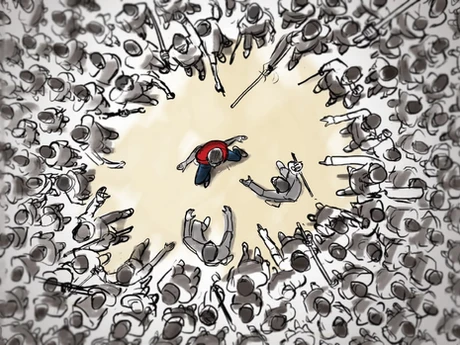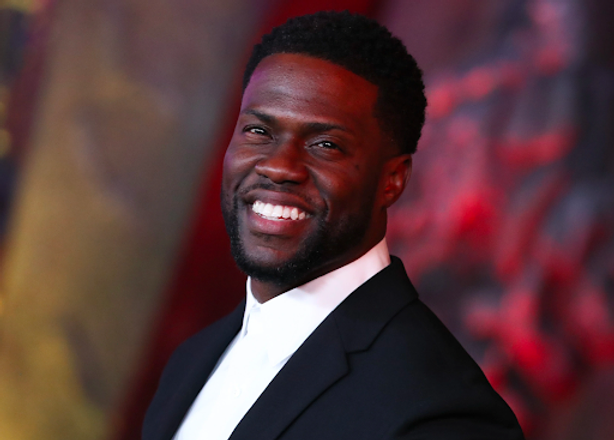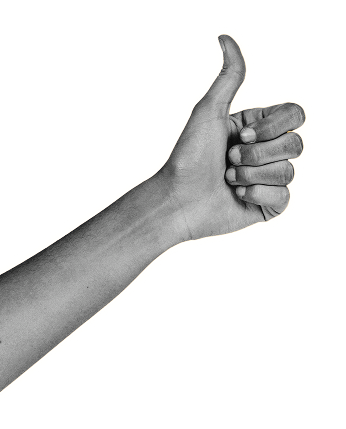
Cancel culture is a polarising topic. For some, it has gone too far and stifles free speech. In a scathing response to being criticised for allegedly transphobic comments, author Chimamanda Adichie referred to it as ‘obscene’. Commenting on the outrage Dave Chapelle faced for his comedy show ‘The Closer’, Kevin Hart noted, “it’s getting out of hand.” In early July 2020, an open letter signed by the likes of JK Rowling and Margaret Atwood and 150 writers, academics and activists said that the tendency towards cancel culture is causing a ‘restriction of debate’. However, for others, cancel culture lacks meaning because it rarely results in real-life consequences for the perpetrators.
Cancel culture usually follows the pattern of a public figure doing or saying something offensive. This is then met with public backlash and, in some cases, materialises in cancelled contracts, lost jobs, and full de-platforming. However, cancelled people rarely stay cancelled for long. Despite Chimamanda Adichie’s allegedly transphobic comments, her career and status largely remain unscathed. Harvey Weinstein was ‘cancelled’ after being found guilty of criminal sexual assault and rape in the third degree. Yet, he still receives a significant amount of support and attention; in a comedy show in 2019, a comedian who called him out on her set was booed. It’s illuminating that cancel culture has barely succeeded in toppling prominent figures or institutions despite the fear that culture evokes.

The value is evident when using cancel culture against offenders like R. Kelly, Kevin Spacey or Harvey Weinstein. People who have committed objective harm should be held accountable and de-platformed, and public shame should be used as a tool to exert this to do this. However, there are significantly lesser offences where cancel culture does more harm than good. For example, look at Sue Schafer, who attended a party in ironic black face- a tone-deaf attempt to mock Megyn Kelly for not seeing the issue with black face. Schafer, a private individual, was confronted at the party over the costume, went home in tears and apologised to the hosts the next day. After this incident, the Post ran a story about her, and she was fired. Wearing blackface is unacceptable, but there is the question of whether publishing the report and getting her fired was a fight against racism or just a display of moral grandstanding.
Part of the issue is also the term and the numerous contexts in which we use cancel culture, often precluding nuanced discussions of subjective topics and how people should be held accountable.
Expelling civilians for perceived bad behaviour is not efficient to correct systemic issues. It “encourages personal repentance rather than institutional reform”. Institutional change is complex, hence it is unsurprising that a company would rather toss someone overboard to gain PR points than implement any systemic change. The anger dissipates, but the institution remains the same.
Cancel culture deludes us into thinking that change is happening faster than it is, which impedes the cause. While moral panic over perceived threats are still effective as warning signs of a much deeper and prevalent condition, this system is easily manipulated by those in power. They love progressive gestures that offer no real change, from social media posts condemning racism to appointing the first woman on a board and firing low-level employees that attracted online fury. Cancel culture aids in maintaining their power. Those at the top of the corporations, mainly white, male, and wealthy, are never asked to give anything up. It is the everyday civilians who lose out the most.
So, should we use cancel culture?
The problem with cancel culture is the concept of cancellation itself. A question we should ask ourselves is whether, as abolitionists, we should keep on using cancel culture. By cancelling, we seek to isolate people, hoping that it holds them accountable for their actions; we hope that this separation from the public shames and shuns them into submission of societal expectations. This effect is similar to policing and the prison industrial complex, which we are trying to abolish.
Destroying a person does not eliminate the systems that perpetuate harm.
It is somewhat ironic that “cancel culture” has become a project of the left, who not only fight against policing and the prison industrial complex but spent the 20th century fighting against capricious firings of troublesome employees. Most of the dialogue occurring are on platforms that were not designed to be instruments of change and to bring down systems of harm. Although these platforms allow marginalised individuals to be heard, share their ideas and mobilise, they ultimately serve capitalists, which means getting as much engagement as possible. Twitter especially does not allow for nuanced and complex discussion of issues, instead it simplifies extreme points of view, and promotes mob mentality and moral outrage. Cancel culture does not stop harm from occurring; if anything, it creates quick disposals of people that lead to nothing.

We demand abolishment of the police because we know that most people in prisons require mental health support and an equitable economy. Therefore, why can’t that thinking be applied to individuals that have perpetuated harm online? Destroying a person does not eliminate the systems that perpetuate harm. No one set out as a child to become an abuser, misogynist or racist. Instead, some systems encourage such attitudes.
To go beyond cancel culture, we must ask the transformative question of why? It is easy to condemn people and isolate them. However, asking the question “why?” is game-changing . Because when we do, we begin to rehumanise those who may be perpetuating harm. The question of “why?” leads us to grief, abuse, trauma, undiagnosed mental illness, socialisation and scarcity. It points to systems of oppression. It enables us to see that we may be capable of similar transgressions in similar circumstances.
Abolition teaches us about valuing lives; it lets us know that if I cause harm, I will be held accountable, but I will not be thrown away or torn apart. However, it is vital to note that there are times, like in the case of R. Kelly and Harvey Weinstein, where it is the right thing to call people out, and de-platform them. Yet, there must be some distinction and discernment of practices surrounding this behaviour. When we use this tool for everything, it loses its power. We are all still learning and figuring out how to be good humans. We should hold people in their humanity and their possibility to transform.
For more on the power of transformative Justice even with great harm done:
1. We Will Not Cancel Us: And Other Dreams of Transformative Justice by Adrienne Maree Brown.
2. A Roadmap Away From ‘Cancel Culture’ and Towards Transformative Justice
Community.

